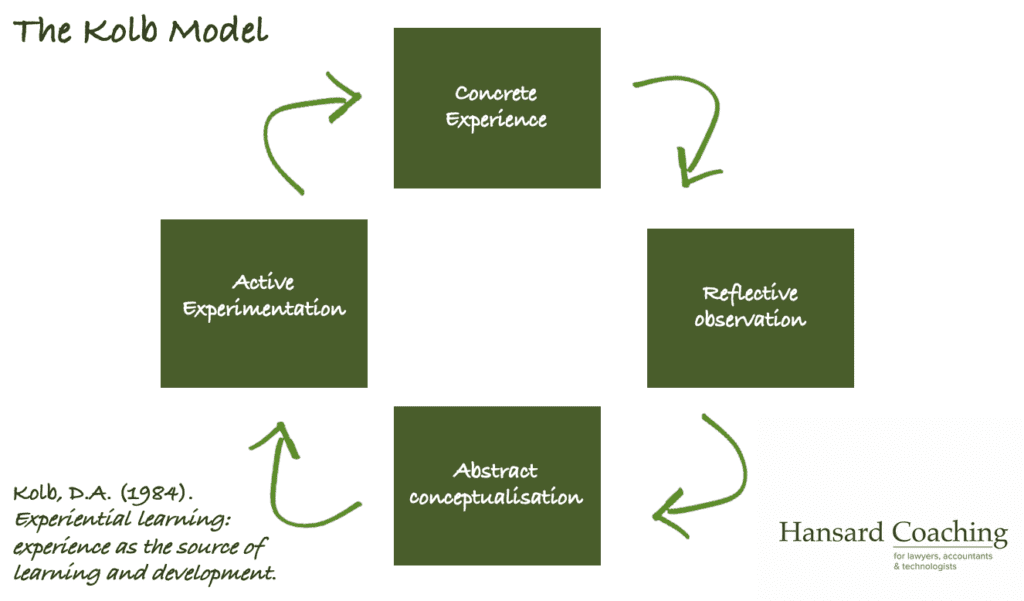The power of self reflection

There is little doubt that the modern manager is paid for action, and success is measured by the consequences of those actions. However, what actions should a leader take in times of extreme uncertainty?
Often there is no right answer, only the least bad option. However, if, like me, you believe the quality of a decision is derived from the quality of the thinking and reflection prior to taking action, appropriate self-reflection becomes a useful tool.
Research shows the more sophisticated a leader is the more they will be able to use the pauses between action as an opportunity to consider their progress and the collective impact of their behaviour and decisions. As a consequence, learning to reflect and blend those reflections into the next round of decisions and actions is critical to the development of any leader, particularly when operating in consistent ambiguity. So why reflect and develop one’s self-reflective skills? Here are just a few:
Reflection enables us to galvanise all the resources that are both within us and around us. We are remarkable libraries of ideas and experiences; reflecting enables us to access that which reside within us and which is difficult to access in the heat of the moment. It follows that a moment’s pause allows us to take on and process the opinions of those around us or new experiences and, with the right attitude, allows diversity of thought to influence a better decision and encourage clarity.

Effective self-reflection usually opens up a range of new choices. Perhaps some of these options may have been lying fallow for a while; it might be the case that they have risen in consciousness as a result of a comment or contribution of someone else in the team. Regardless of the provenance, stopping and thinking for a moment can have the remarkable knack of surfacing or resurfacing the unexpected
Quality thinking time permits new, strong feelings to emerge, feelings which can be subjective, yet which can provide a directional effect of enabling a leader to know what might be the best path or new opportunity. Yes, often feelings need to be corroborated with new information or fact, however they very often offer strong clues as to a path to explore or follow.
At its best, self-reflection demonstrates the interconnectedness of thoughts, issues and potential options. In one sense, reflection enables the thinker/leader to spread out all the various options onto a table, take a step back and consider how they sit together. A good outcome can vary from a reordering, a reprioritisation, or just gaining a different, enriching perspective. Very often, stopping and reflecting simply saves time.
At their most effective, a reflective leader will become more open and creative, and engender more openness and creativity in those around them. Greater clarity of diverse and collective thought will follow as will better, more consistent collegiate decisions. Individuals can operate more calmly, reduce anxiety in uncertainty and create a culture where the team has the confidence to try things with less fear of retribution if things go wrong. Listening with honesty and well-intended judgement often assists appropriate course correction.
So, start reflecting; the best leaders do. Use it as a key tool in dealing with difficult situations and ambiguity in uncertain times. Start by making it a deliberate act by putting time in the diary. In time it will come in increasingly natural to you to the extent you may make it part of your consistent leadership approach. Don’t fear it; don’t consider it wasted time. Embrace self-reflection as it may well empower you in a way you never expected, particularly when you need it most.